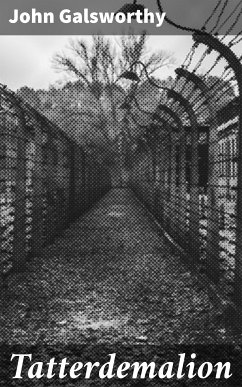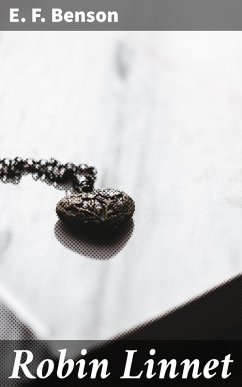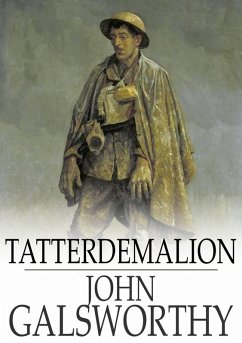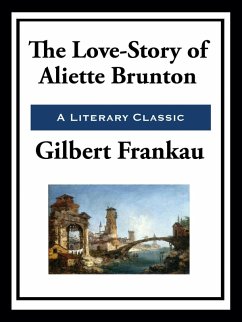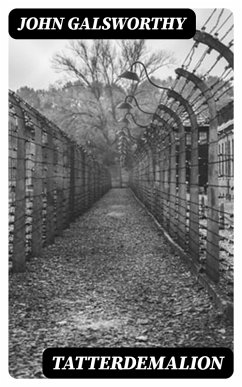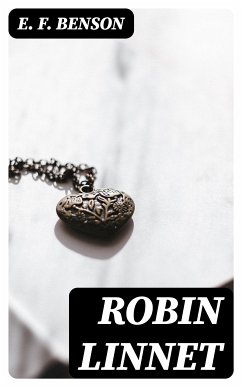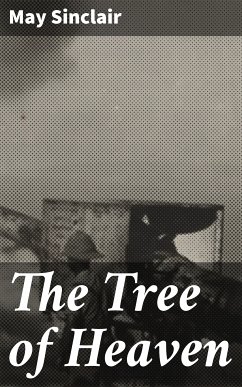
The Romantic (eBook, ePUB)
A Tale of Love and Liberation: Navigating Society's Constraints in Edwardian England
Versandkostenfrei!
Sofort per Download lieferbar
0,49 €
inkl. MwSt.
Weitere Ausgaben:

PAYBACK Punkte
0 °P sammeln!
In "The Romantic," May Sinclair crafts a compelling narrative that intricately explores themes of love, desire, and the complexity of emotional relationships within the context of early 20th-century British society. With a modernist literary style, Sinclair employs stream-of-consciousness techniques, allowing readers to delve into the inner thoughts and feelings of the protagonist. The novel deftly critiques societal norms and expectations surrounding romance, offering a vivid portrayal of the tension between personal yearnings and social obligations, a hallmark of Sinclair'Äôs broader oeuvr...
In "The Romantic," May Sinclair crafts a compelling narrative that intricately explores themes of love, desire, and the complexity of emotional relationships within the context of early 20th-century British society. With a modernist literary style, Sinclair employs stream-of-consciousness techniques, allowing readers to delve into the inner thoughts and feelings of the protagonist. The novel deftly critiques societal norms and expectations surrounding romance, offering a vivid portrayal of the tension between personal yearnings and social obligations, a hallmark of Sinclair'Äôs broader oeuvre. May Sinclair, a notable figure in the early feminist literary movement, lived through the transformative years of the suffrage movement and World War I, which greatly influenced her writing. Her background in philosophy and psychology, combined with her progressive views on women'Äôs independence and identity, inform the nuanced character development found in "The Romantic." Sinclair's own experiences within the constraints of her time led her to examine and question the conventional notions of love and partnership, making her insight particularly valuable. Readers seeking a profound exploration of the romantic psyche and its contradictions will find "The Romantic" a stimulating and enriching experience. Through Sinclair's perceptive lens, this novel not only entertains but also invites critical reflection on the nature of love itself, making it a recommended read for those interested in early modernist literature and feminist themes.
Dieser Download kann aus rechtlichen Gründen nur mit Rechnungsadresse in A, B, BG, CY, CZ, D, DK, EW, FIN, F, GR, H, IRL, I, LT, L, LR, M, NL, PL, P, R, S, SLO, SK ausgeliefert werden.





